
OR
40 Dalits killed in 12 years following enactment of Caste-based Discrimination and Untouchability Act in Nepal
Published On: December 8, 2023 12:00 PM NPT By: Pabitra Sunar
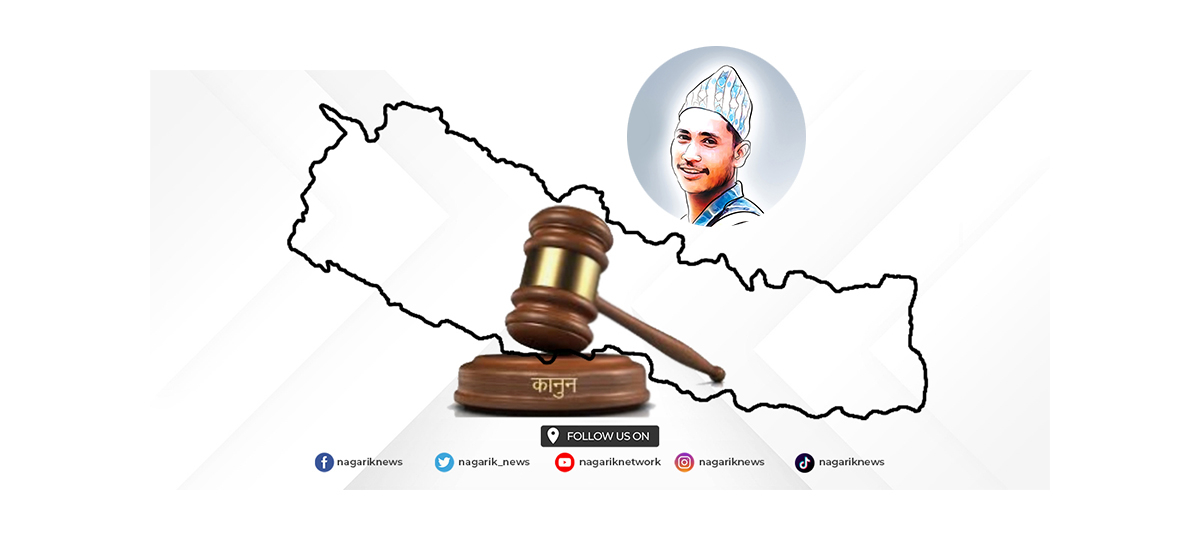
KATHMANDU, Dec 8: A study has revealed that 40 Dalits have been killed in the 12 years since the enactment of the Caste-based Discrimination and Untouchability Act in Nepal.
The study report on the 'Achievements of the Dalit Movement in Nepal,' published in Kathmandu on Thursday, highlighted this finding. In the report by Heera Bishwakarma, Neetu Pokharel, and Som Niraula, it is emphasized that Dalit human rights have not been fully established in Nepal.
Despite the fundamental goal of the Dalit movement to eliminate all forms of discrimination against Dalits, the study indicates only partial success. The report notes that the Dalit community has limited access to housing, education, employment, health, and land.
According to national statistics, 17.4 percent of the population in Nepal is below the poverty line. The study reveals that 34 percent of Dalits fall into this category, a decrease from 11 years ago when 42.5 percent of Dalits were below the poverty line. As per this calculation, 1.4 million Dalits still live below the absolute poverty line. The report points out that Dalits, facing low access to means of production, land, education, skills, and employment, lag behind the national average in all development indicators.
Bishwakarma, a researcher, stated that despite inclusive constitutional provisions and laws, the Dalit community has not been fully accepted by society—an accomplishment of the eight-decade-long Dalit movement. The report highlights that 34.4 percent of Dalits have experienced discrimination at public places.
Similarly, the study notes that 27.6 percent of Dalits in Madhesh have experienced discrimination. It is found that 25.9 percent of the Dalit community experienced discrimination while accessing services at public places. The statistics reveal that 12.8 percent of Dalits in the hills and 10.8 percent in Madhesh felt discrimination in the economic sector.
The study recommends that the Dalit movement unites and progresses, as it is evident that Dalits continue to face discrimination and violence, perpetuated through generations. The participants in the report's publicizing program expressed that the contribution of many Dalit/non-Dalit personalities involved in the Dalit movement was overlooked, and the role of non-governmental organizations was not adequately mentioned.
You May Like This
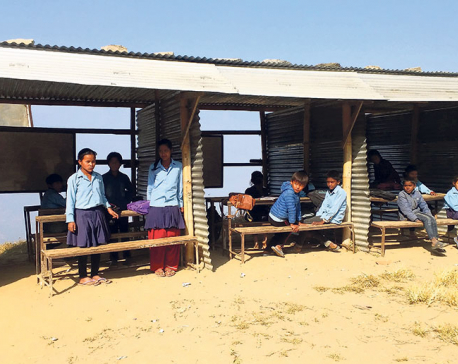
Searching for bright future under tin-roofed hut
NUWAKOT, Nov 25: The students of an earthquake-ravaged school in Nuwakot have been braving the unforgiving cold of winter, the... Read More...

Exclusion of Madhesi Dalit from parliament criticized
KATHMANDU, Dec 24: Dalit activists have expressed deep disappointment over the exclusion of Dalits from the Madhes region in the central... Read More...

Violence against women high in Dalit community
KATHMANDU, Dec 9: The Dalit community has been found suffering much with the violence against women in Nepal. Such information... Read More...

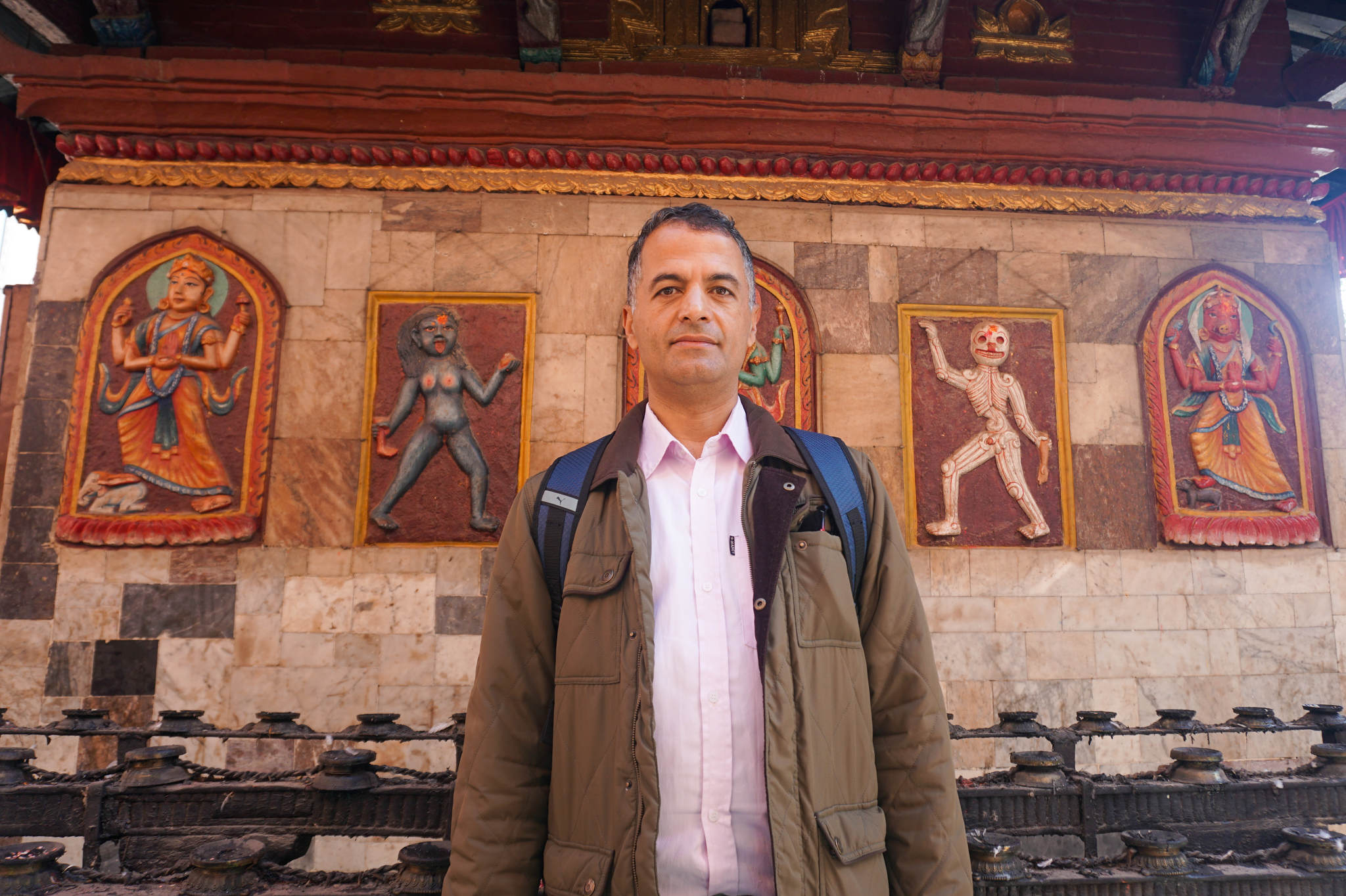
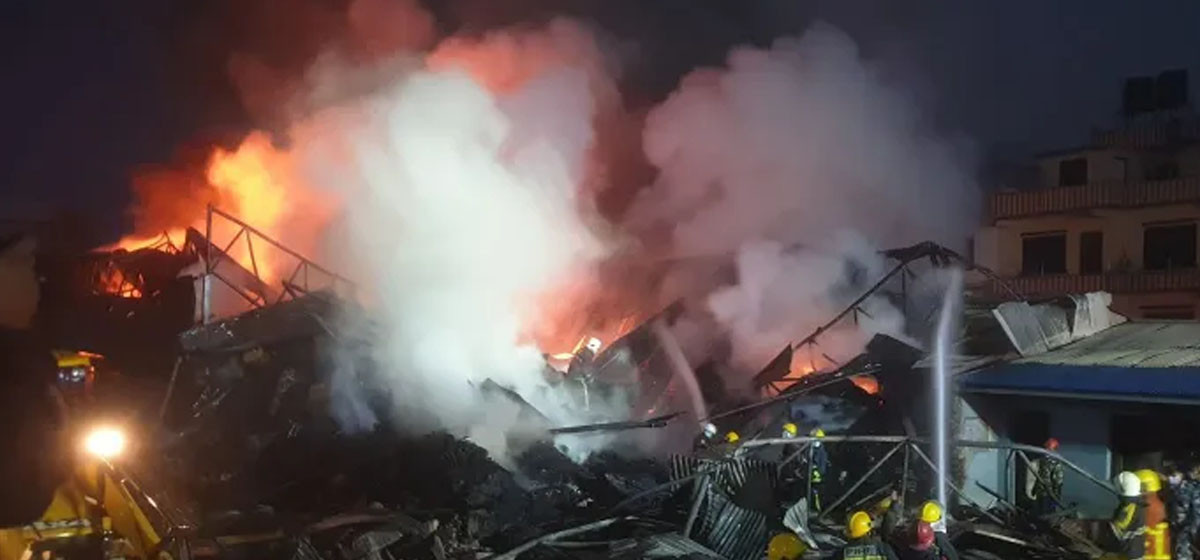
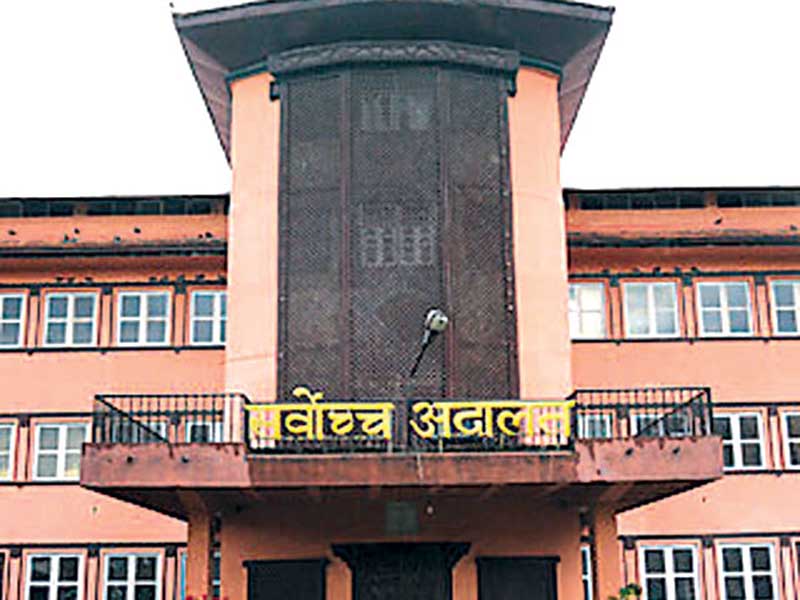
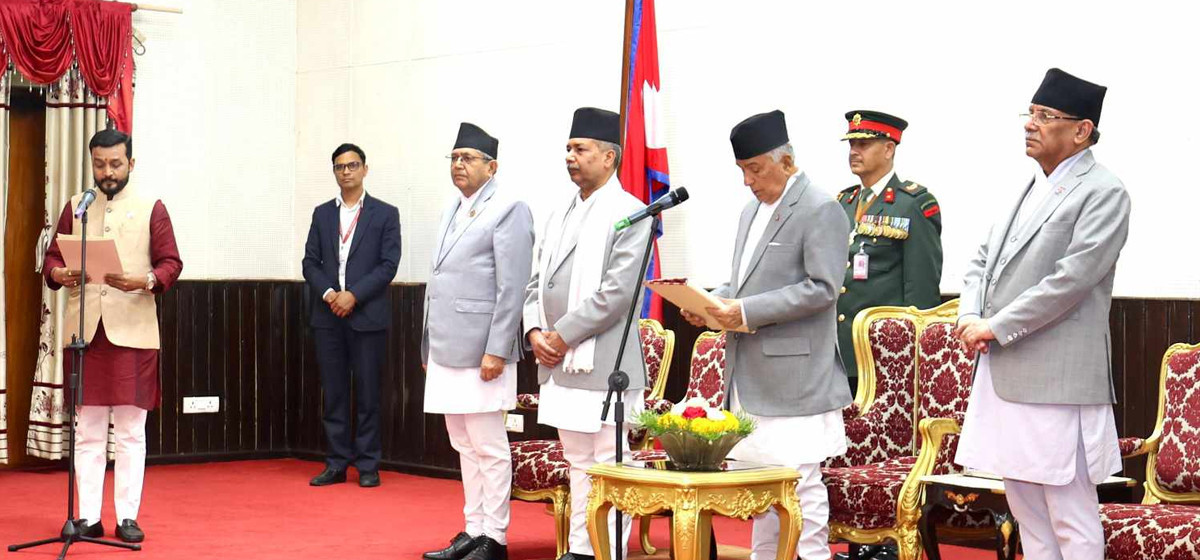
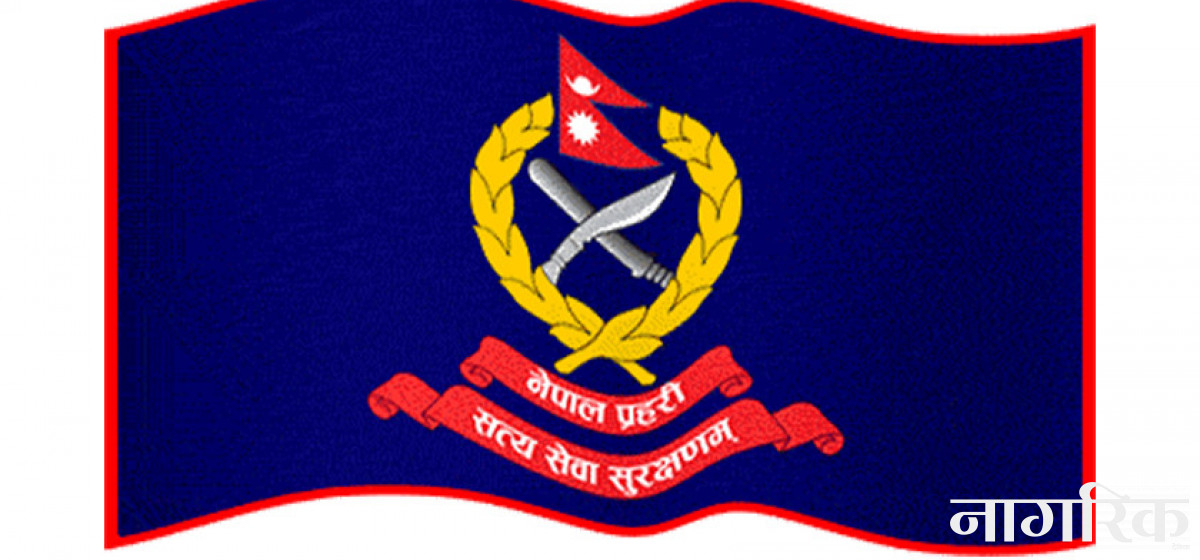
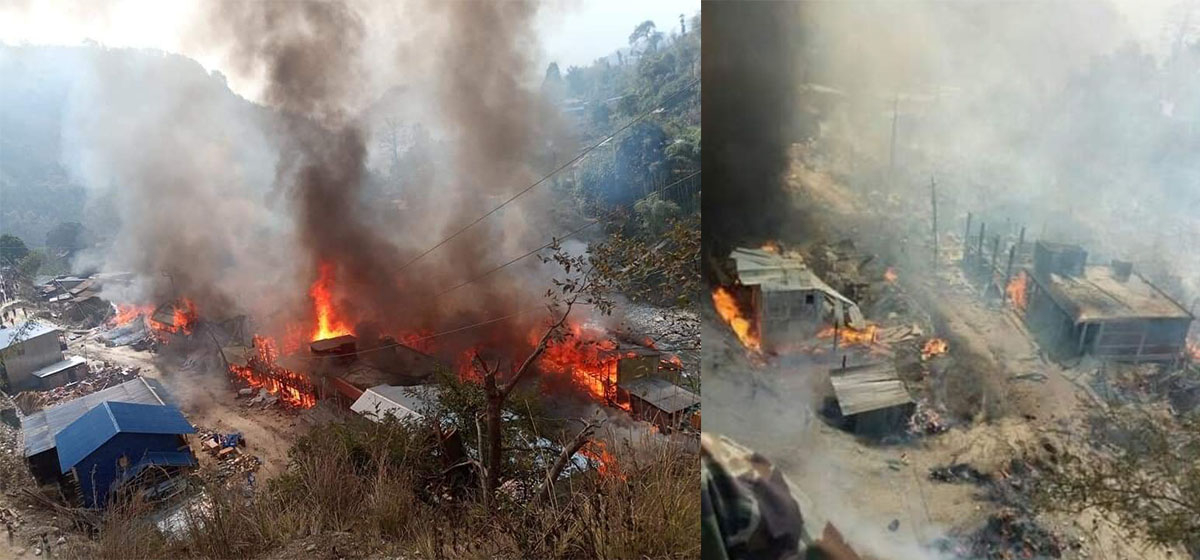
Just In
- Analysis of judicial precedents on medical negligence within Nepal's legal framework
- Newly appointed Health Minister takes oath of office
- Commercial banks lowering interest rates on deposits from Tuesday
- Book the guilty behind irregularities at trial centers
- Three airline companies suspended by CAAN seek to revoke AOC suspension
- SSP Karki new spokesperson of Nepal Police
- Yadav files writ at SC challenging EC's recognition of Rai led JSP, hearing on May 15
- Fire incidents claim 26 lives in one month



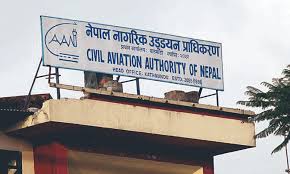
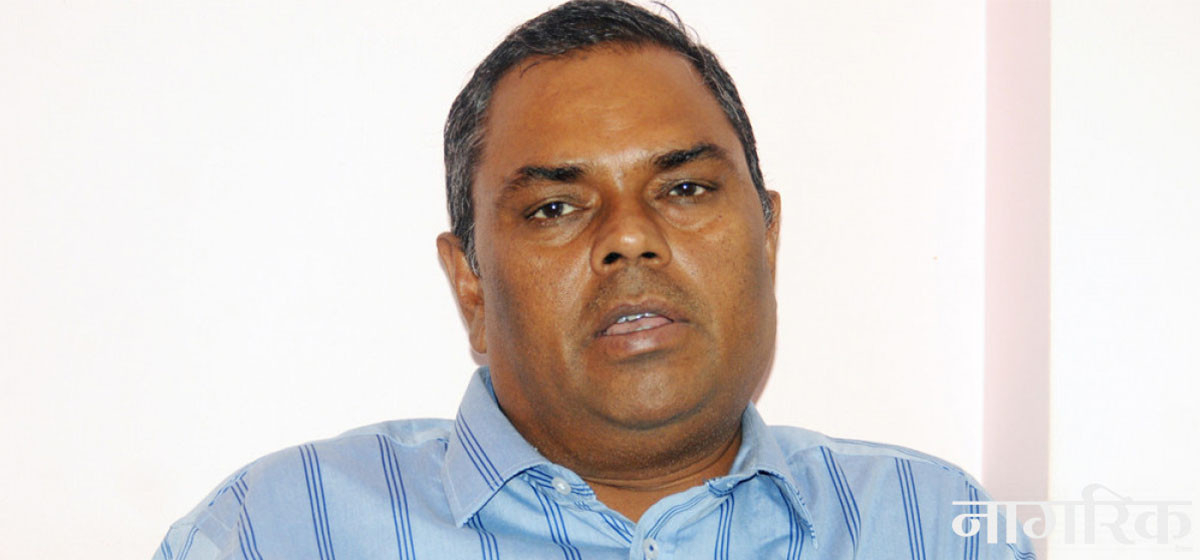

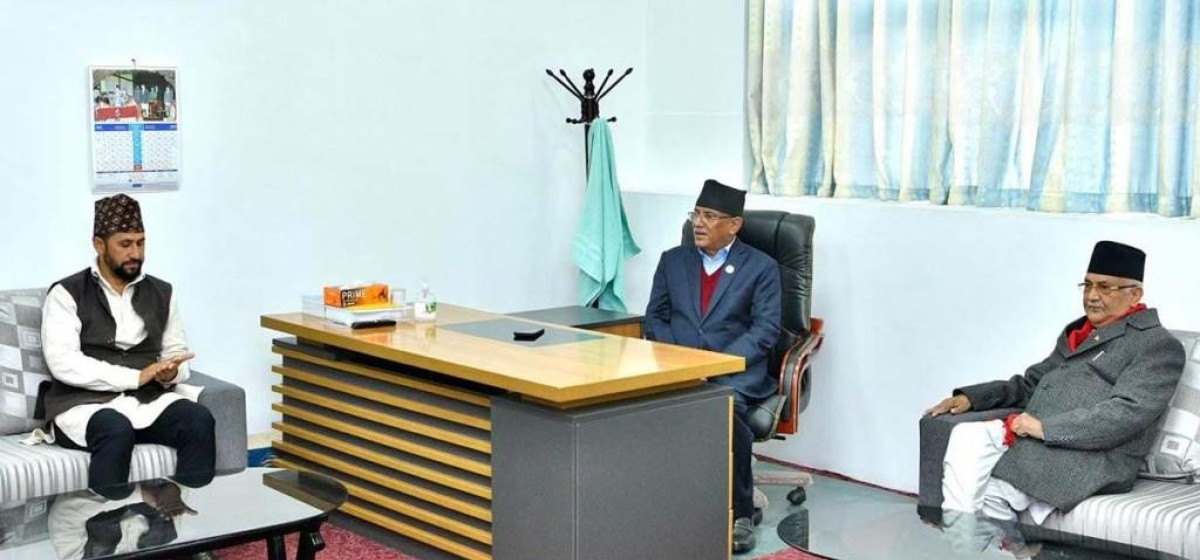


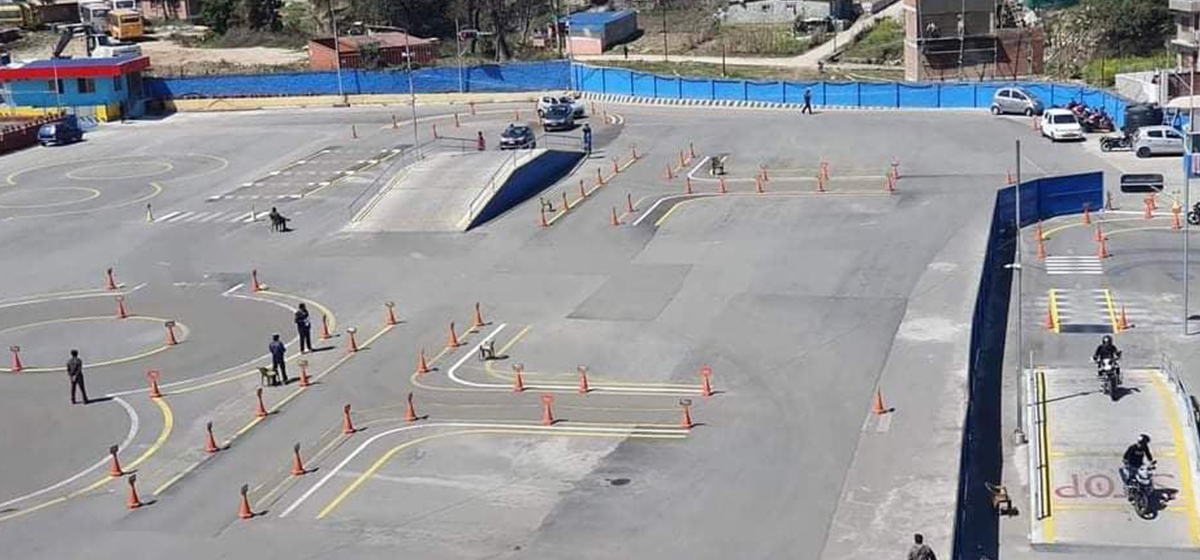
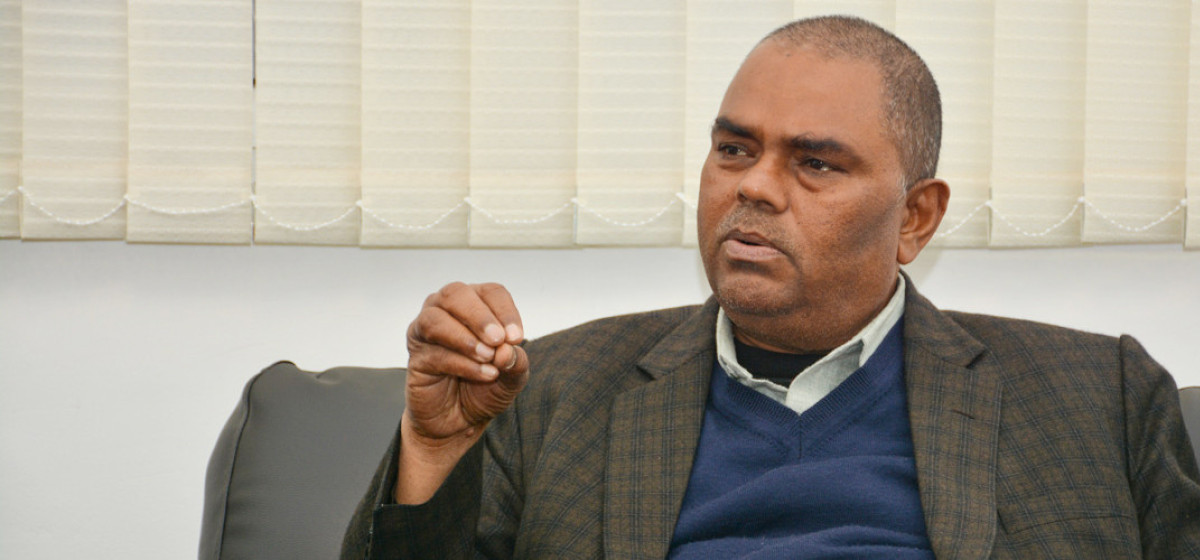
Leave A Comment